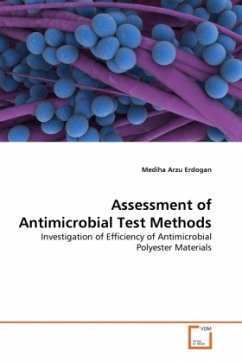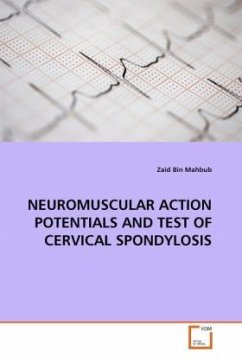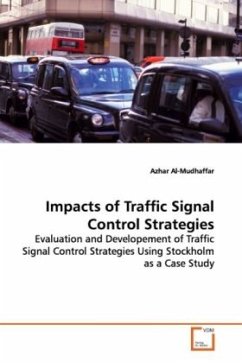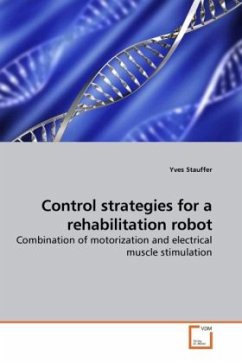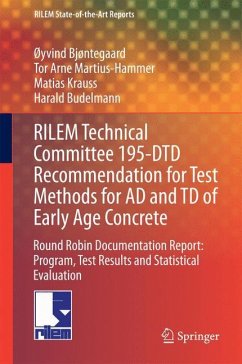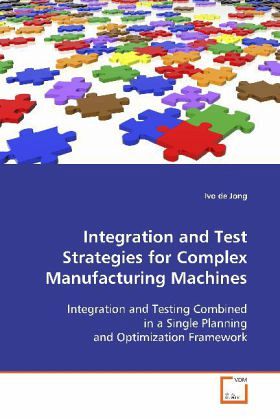
Integration and Test Strategies for Complex Manufacturing Machines
Integration and Testing Combined in a Single Planning and Optimization Framework
Versandkostenfrei!
Versandfertig in 6-10 Tagen
45,99 €
inkl. MwSt.

PAYBACK Punkte
23 °P sammeln!
Simple systems, software or hardware, can be testedeasily. Nowadays, simple systems do not exist anymoreand testing becomes a real problem.Often, testing is considered in isolation, while themoment that testing can start is defined by themoment that the module is delivered. Delivered modules need to be assembled into the rest of the system, before testing can start.This book starts with the assumption that integration(assembly) and testing cannot be seen apart from eachother. Strategies forintegration and strategies for the individual test tasks can not be seen apart from each other when integ...
Simple systems, software or hardware, can be tested
easily. Nowadays, simple systems do not exist anymore
and testing becomes a real problem.
Often, testing is considered in isolation, while the
moment that testing can start is defined by the
moment that the module is delivered. Delivered
modules need to be assembled into the rest of the
system, before testing can start.
This book starts with the assumption that integration
(assembly) and testing cannot be seen apart from each
other. Strategies for
integration and strategies for the individual test
tasks can not be seen apart from each other when
integration and test tasks are mixed.
A framework is introduced, in this book, that can be
applied for integration and testing problems in
different types of organizations. The impact of the
organization on the goal of the integration and test
problem at hand is discussed. Moreover, this
framework describes how an integration and test plan
can be created using a number of described
integration and test strategies. Finally, this book
introduces a few optimization techniques for
integration
and test plans.
easily. Nowadays, simple systems do not exist anymore
and testing becomes a real problem.
Often, testing is considered in isolation, while the
moment that testing can start is defined by the
moment that the module is delivered. Delivered
modules need to be assembled into the rest of the
system, before testing can start.
This book starts with the assumption that integration
(assembly) and testing cannot be seen apart from each
other. Strategies for
integration and strategies for the individual test
tasks can not be seen apart from each other when
integration and test tasks are mixed.
A framework is introduced, in this book, that can be
applied for integration and testing problems in
different types of organizations. The impact of the
organization on the goal of the integration and test
problem at hand is discussed. Moreover, this
framework describes how an integration and test plan
can be created using a number of described
integration and test strategies. Finally, this book
introduces a few optimization techniques for
integration
and test plans.



